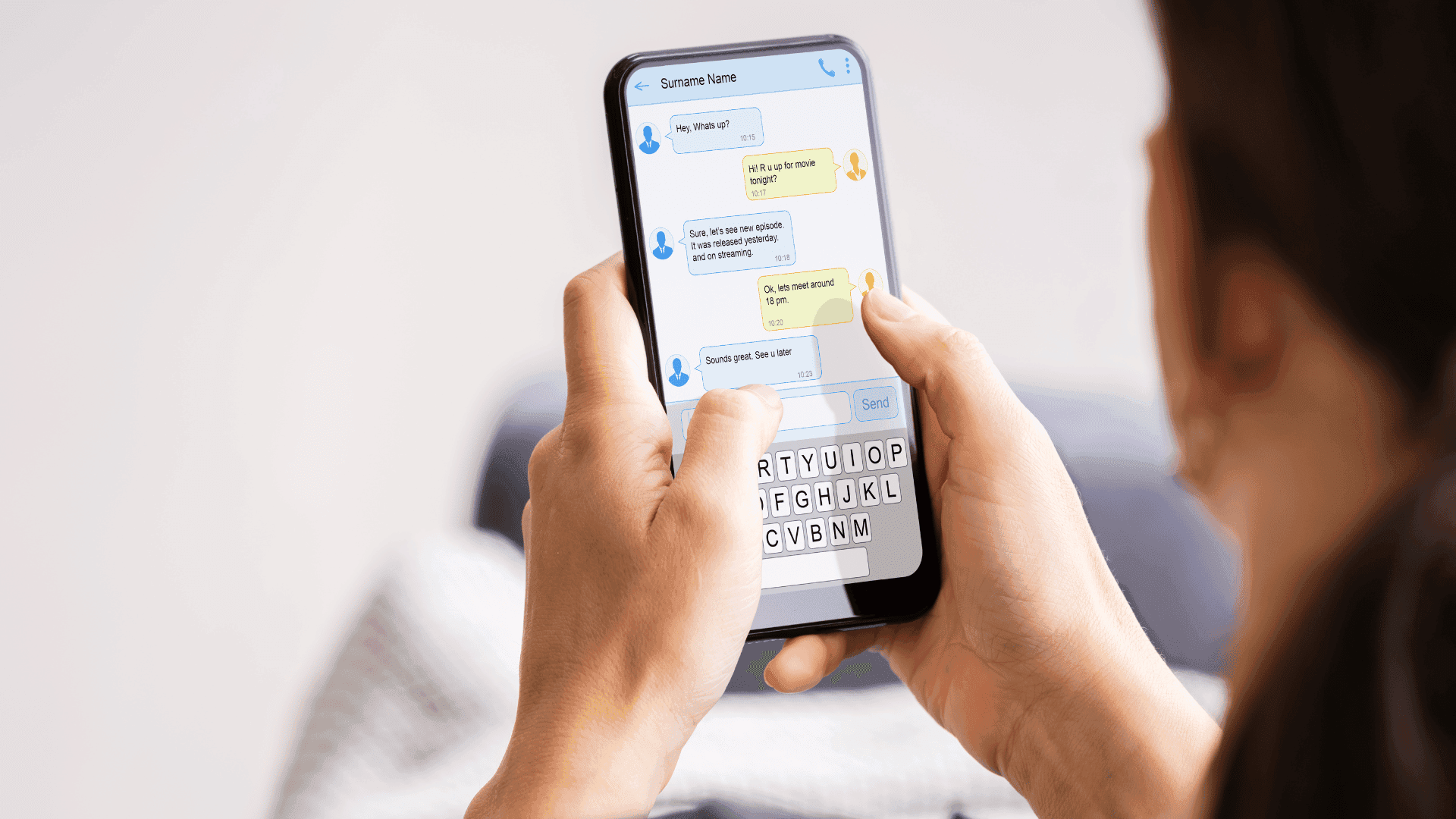SMS Healthcare: Revolutionizing Patient Engagement Through Text Messaging
21 févr. 2025
SMS Healthcare: Revolutionizing Patient Engagement Through Text Messaging
In today's fast-paced digital world, effective communication is essential, especially in healthcare. SMS healthcare leverages the simplicity and reach of text messaging to streamline patient engagement, improve health outcomes, and enhance operational efficiency. In this blog post, we explore how SMS healthcare is transforming the industry and why it could be a game-changer for both patients and providers.
Need help with your marketing ? Contact us !
What is SMS Healthcare?
SMS healthcare refers to the use of Short Message Service (SMS) or text messaging in healthcare settings. This technology facilitates timely communication between healthcare providers and patients, ranging from appointment reminders and prescription updates to health tips and emergency alerts. Its straightforward, user-friendly nature makes it accessible to a broad demographic, including those who may not have access to advanced technologies.
Key Benefits of SMS Healthcare
1. Improved Patient Engagement
SMS messages are typically read within minutes, ensuring that patients receive critical information promptly. This immediacy leads to higher engagement rates and improved adherence to treatment plans. Whether it’s a reminder to take medication or a nudge for a scheduled check-up, SMS communication keeps patients actively involved in their care.
2. Increased Operational Efficiency
For healthcare providers, SMS can significantly reduce administrative burdens. Automated appointment reminders, follow-up messages, and notifications about lab results can streamline operations, reduce no-show rates, and allow staff to focus on more personalized patient care.
3. Accessibility and Convenience
With nearly every mobile phone capable of receiving SMS messages, this method of communication is highly accessible—even in remote areas with limited internet connectivity. This widespread accessibility ensures that critical health information reaches a diverse patient base.
4. Cost-Effective Communication
Compared to other communication channels, SMS is both affordable and efficient. It allows providers to reach a large number of patients with minimal investment, making it particularly beneficial for smaller practices and community health programs.
5. Enhanced Data Security
When integrated with secure healthcare systems, SMS can offer an added layer of privacy for patients. By using encrypted messaging platforms and adhering to regulatory standards like HIPAA, healthcare providers can ensure that sensitive information is transmitted safely.
How SMS Healthcare Works
Integration with Health Systems
Modern SMS healthcare solutions are integrated with electronic health records (EHR) and practice management systems. This integration allows for seamless scheduling, automated messaging, and real-time data synchronization, ensuring that patients and providers are always on the same page.
Automated Messaging
Automated SMS platforms can send personalized messages based on predefined triggers. For example, a system can automatically send a reminder a day before a patient’s appointment, or follow up after a consultation with additional health tips tailored to the patient’s condition.
Two-Way Communication
Beyond one-way alerts, many SMS healthcare platforms support two-way communication. Patients can confirm appointments, ask quick questions, or even report symptoms via text, enabling providers to respond quickly and adjust care plans as needed.
Real-World Applications
Appointment Reminders and Scheduling
Reducing missed appointments is one of the most tangible benefits of SMS healthcare. By sending automated reminders, providers can cut down on no-shows and optimize scheduling efficiency.
Medication Adherence
Text reminders to take medication can be crucial for patients with chronic conditions. These messages help ensure that patients follow their prescribed treatment regimens, thereby improving health outcomes.
Health Education and Preventative Care
Regular SMS campaigns can be used to distribute educational content, promote preventive measures, and share wellness tips. This proactive approach helps patients stay informed and motivated to maintain a healthy lifestyle.
Emergency Alerts
During public health emergencies, SMS healthcare can quickly disseminate critical information to large populations. From vaccination updates to urgent safety instructions, text messaging ensures that important alerts reach everyone promptly.
Challenges and Considerations
While SMS healthcare offers numerous benefits, it also presents challenges:
Data Privacy: Ensuring that patient information remains secure is paramount. Providers must use encrypted platforms and comply with relevant data protection regulations.
Message Overload: Care must be taken not to overwhelm patients with too many messages, which can lead to desensitization or opt-outs.
Integration Complexities: Seamless integration with existing healthcare systems can be technically challenging and requires careful planning and execution.
SMS healthcare : Conclusion
SMS healthcare is more than just a communication tool—it's a powerful catalyst for transforming how healthcare providers interact with patients. By leveraging the simplicity and immediacy of text messaging, healthcare organizations can boost patient engagement, streamline operations, and ultimately drive better health outcomes. As technology continues to evolve, integrating SMS healthcare solutions will become increasingly critical in meeting the demands of a modern, patient-centric healthcare system.
Embracing SMS healthcare is a strategic step towards creating a more responsive, efficient, and patient-friendly healthcare environment. Whether you're a small clinic or a large hospital network, the benefits of SMS communication are clear: timely, accessible, and cost-effective engagement that puts patient care at the forefront.

